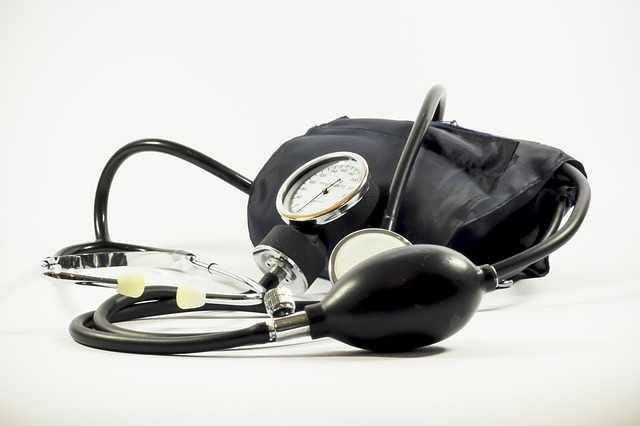12th April 2022 – Laarayb

We were delighted to join the I ♥ Research Academy to mentor students from local schools who were interested in science. We delivered 6 workshops with the students to teach them about how to communicate science with non-scientists. In their last workshop, the students were asked to write up a news story on one of our research articles. Below is a news story written by one of our students, Laarayb.
Research has found a link between bacteria and hypertension, or, in other words, high blood pressure. By targeting gut bacteria, researchers can find evidence that high blood pressure can be prevented and lead to solutions to make it less prevalent.
This remarkable research finding can help explain what makes high blood pressure more dangerous and risk-worthy, which can help treat the most complex of cases, including heart disease.
Why should we care about this? High blood pressure can lead to extreme cases of damaged arteries and is an enormous factor in causing kidney and heart disease. It is also known that high blood pressure can cause arteries to be less elastic, reducing the amount of oxygen intake.
Therefore, researchers conducted a study that can help us see how the amount of gut bacteria can affect levels of high blood pressure. As high blood pressure is quite common, this study is particularly important to help us understand how we can reduce the risks of disease.
Researchers studied blood pressure and the measurements of gut bacteria of over 800 female TwinsUK participants, discovering that there were fewer types of gut bacteria in women living with high blood pressure. There were also lower levels of Ruminiclostridium 6, a type of bacteria, and more levels of Erysipelotrichacea, another type of bacteria, in women with high blood pressure.
Due to this, the Ruminiclostridium 6 bacteria was further researched, and our innovative scientists learnt that the bacteria plays a significant role in 84 chemical processes, including ones that are linked to blood pressure.
The researchers supported the study by stating that it will ‘be a novel means to prevent or treat hypertension’ if the gut bacteria are further researched and targeted.
Further work should be done on participants from different ethnic groups and male participants as the majority were white, female twins, so the outcome of the study may not apply to other groups. Furthermore, more work should be done on the Ruminiclostridium 6 bacteria to find out more about its role linked to blood pressure.






